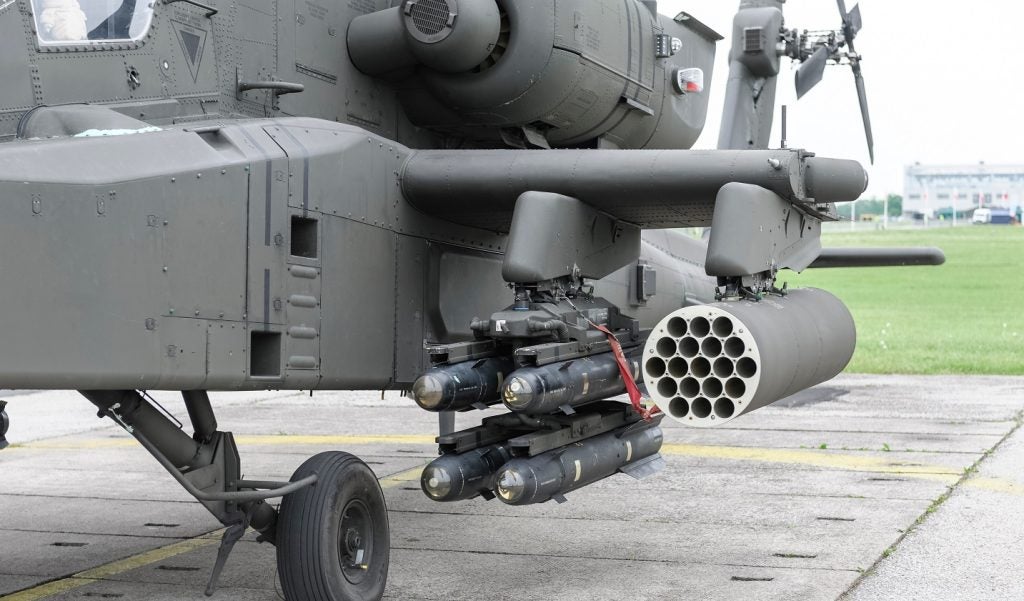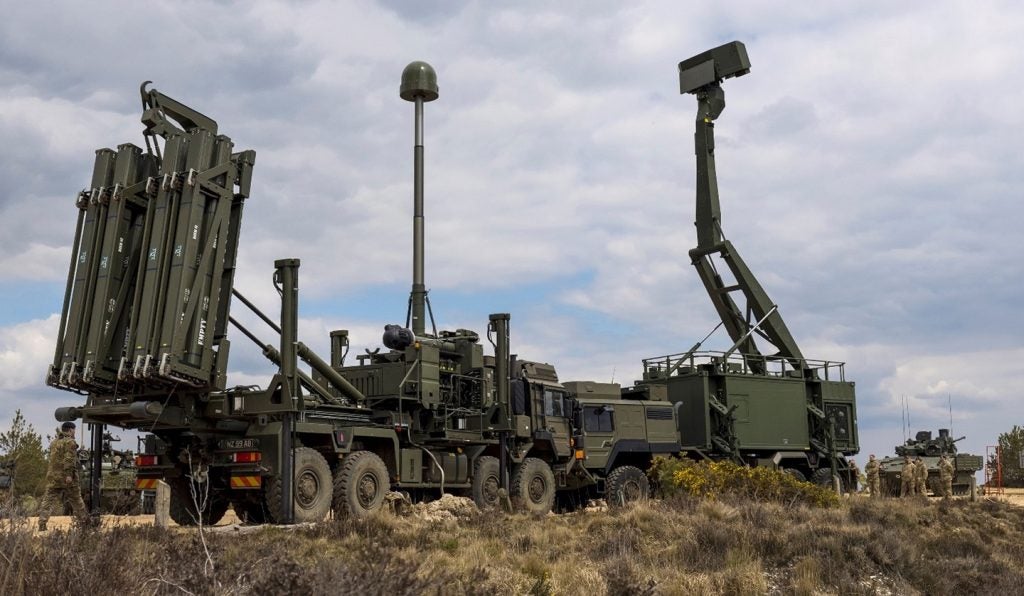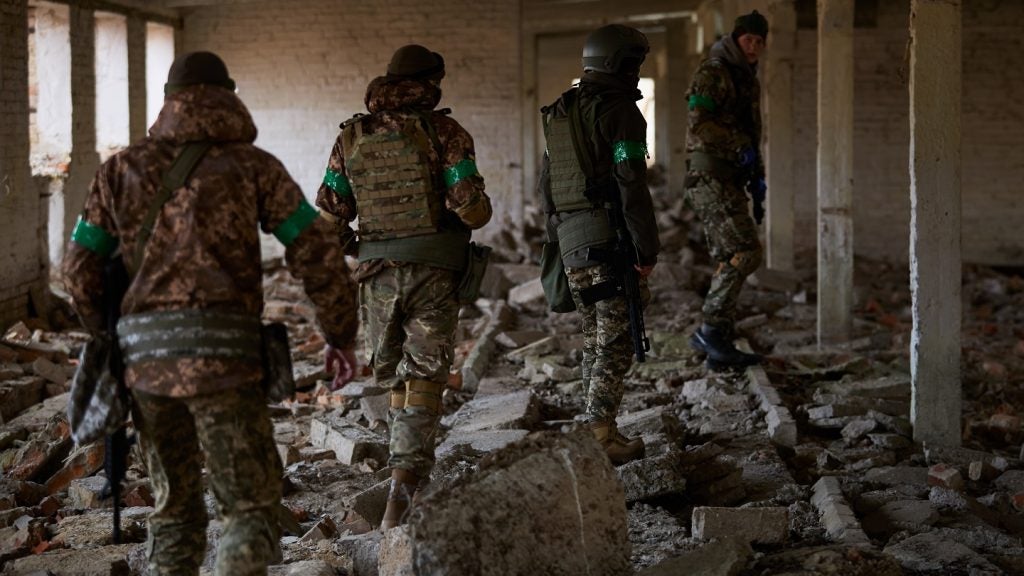The European Defence Agency (EDA) has agreed to support the development of the chemical, biological, radiological and nuclear surveillance as a service (CBRN SaaS) Permanent Structured Cooperation (PESCO) project as an agency initiative.
To be developed under the PESCO initiative and led by Austria, the CBRN SaaS project will develop a solution that will provide around-the-clock CBRN surveillance capabilities.
The project team intends to build a real-time CBRN surveillance, detection and incident management capability for use in the military and civilian domain.
CBRN SaaS will involve the use of unmanned aerial vehicles and ground systems featuring multiple sensors.
In addition to Austria, the project will include Hungary, Croatia and Slovenia.
How well do you really know your competitors?
Access the most comprehensive Company Profiles on the market, powered by GlobalData. Save hours of research. Gain competitive edge.

Thank you!
Your download email will arrive shortly
Not ready to buy yet? Download a free sample
We are confident about the unique quality of our Company Profiles. However, we want you to make the most beneficial decision for your business, so we offer a free sample that you can download by submitting the below form
By GlobalDataThe PESCO project has been formally transferred during a ceremony to enable its development as an EDA project.
Austria Defence Minister Thomas Starlinger said: “CBRN SaaS will be designed for use in the military and civilian domain. For the Austrian Armed Forces, it constitutes another means to increase force protection for operations in Austria, as well as abroad.
“National project partners may also benefit since the project will most probably be eligible for funding from the European Defence Industrial Development Programme.”
CBRN surveillance will improve situational awareness and protection of critical infrastructure.
The unmanned sensor network proposed to be created under the project will enable a recognised CBRN picture to help decision-making. Sensors will collect and transmit data to decision-makers.
The EDA stated that the use of unmanned systems will help lower the risk for operators while enhancing operational flexibility.
EDA chief executive Jorge Domecq said: “CBRN SaaS will benefit from EDA’s extensive experience of delivering defence cooperation projects, especially the insights gained from the EDA CBRN Joint Investment Programme.
“CBRN agents and weapons are a source of great concern, effective surveillance is, therefore, a crucial capability. As endorsed by the EU’s Capability Development Plan, developing enhanced CBRN capabilities based on newly available technologies such as unmanned systems is a priority that will enhance Europe’s resilience and preparedness to deal with CBRN threats.”
The project will run until 2022 and create an operational plugin module to support the common security and defence policy (CSDP) or Nato military missions.








